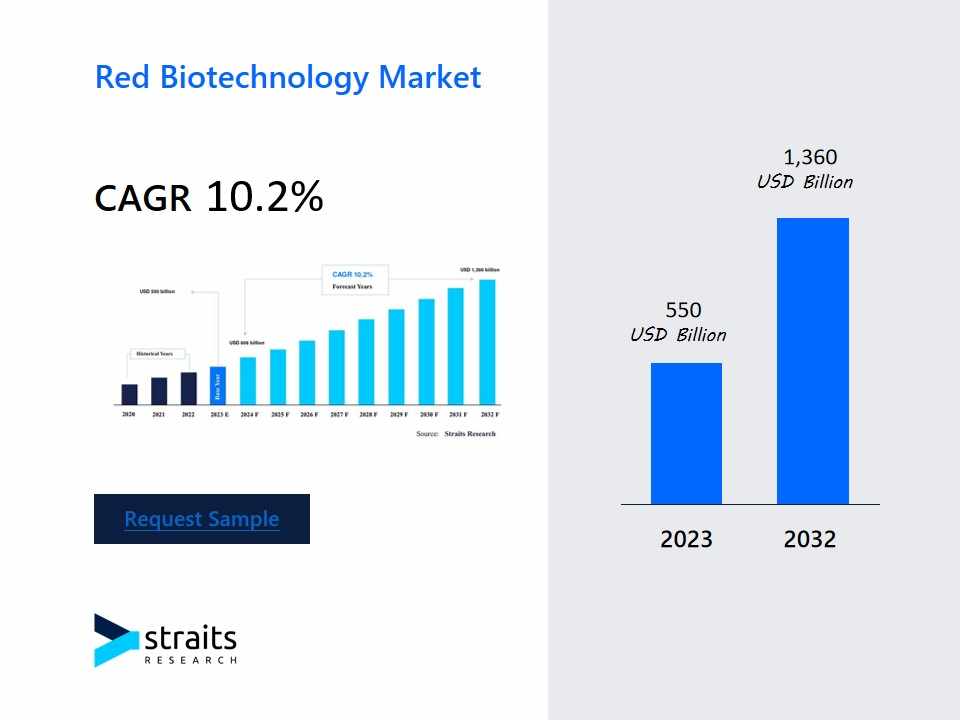
Plasma Fractionation Market Report - A Comprehensive Analysis by Straits Research
Market Overview
Straits Research is pleased to present its latest report on the Plasma Fractionation Market, providing a detailed analysis of the current trends, growth drivers, and future prospects of this rapidly expanding sector. The global plasma fractionation market was valued at USD 30.90 billion in 2023 and is projected to grow from USD 33.43 billion in 2024 to USD 68.55 billion by 2032, registering a Compound Annual Growth Rate (CAGR) of 8.2% during the forecast period (2024–2032).
Plasma fractionation, the process of separating the different components of human blood plasma for therapeutic purposes, plays a crucial role in the treatment of various medical conditions such as immune deficiencies, bleeding disorders, and neurological diseases. The demand for plasma-derived therapies is increasing globally, driven by rising awareness, advancements in biotechnology, and the growing prevalence of chronic diseases.
Market Definition
The Plasma Fractionation Market refers to the sector involved in the collection, processing, and fractionation of human plasma to obtain proteins such as immunoglobulins, albumin, coagulation factors, and protease inhibitors, which are used in treating several life-threatening conditions. The market is driven by growing healthcare needs, particularly in regions with a high incidence of hemophilia, autoimmune diseases, and other disorders that require plasma-derived therapies.
Latest Trends in the Plasma Fractionation Market:
Expansion of Plasma Collection Centers: The demand for plasma-derived products is on the rise, prompting an increase in plasma collection centers, particularly in North America and Europe. This expansion is helping ensure a steady supply of plasma, which is crucial for the production of life-saving therapies.
Advancements in Fractionation Technologies: The development of more efficient and cost-effective fractionation technologies such as chromatography and depth filtration is transforming the industry. These advancements allow for higher yields of plasma proteins, reducing production costs and increasing the availability of these essential therapies.
Rising Adoption of Immunoglobulin Therapies: Immunoglobulin therapies, particularly intravenous immunoglobulins (IVIG) and subcutaneous immunoglobulins (SCIG), are seeing increased adoption. This trend is largely attributed to their effectiveness in treating autoimmune diseases and immunodeficiencies, driving growth in the market.
Growth Factors Driving the Market
Rising Prevalence of Chronic Diseases: The increasing incidence of chronic conditions such as hemophilia, rheumatoid arthritis, and neurological disorders has been a key factor in driving the demand for plasma-derived therapies. As more people are diagnosed with these diseases, the need for effective treatments derived from plasma is growing exponentially.
Increased Investment in Biotechnology: As the biotechnology sector expands, more research is being conducted into plasma-derived therapies. Companies are investing in research and development to enhance the effectiveness of plasma fractionation processes and create new therapies, thereby supporting market growth.
Improvement in Healthcare Infrastructure: The expansion of healthcare facilities and plasma donation centers, especially in emerging economies, has enhanced the accessibility of plasma-derived therapies. This improved infrastructure is expected to play a significant role in market growth over the coming years.
Key Market Opportunities
Increasing Demand for Immunoglobulins: Immunoglobulins, particularly IVIG and SCIG, are highly in demand for the treatment of autoimmune diseases and primary immunodeficiencies. The rising prevalence of these conditions presents a significant growth opportunity for the plasma fractionation market.
Emerging Markets: With Asia Pacific being the fastest-growing region in the plasma fractionation market, there are vast opportunities for market expansion. Rising healthcare expenditure, improving healthcare infrastructure, and an increasing patient population in countries like India and China are expected to fuel the demand for plasma-derived therapies in these regions.
Technological Advancements: Innovations in plasma fractionation technologies, such as more efficient and scalable chromatographic techniques, present opportunities to enhance production capabilities and meet the growing demand for plasma-based therapeutics.
Market Segmentation
The Plasma Fractionation Market is segmented as follows:
By Product
Albumin
Immunoglobulins
Intravenous Immunoglobulins
Subcutaneous Immunoglobulins
Others
Coagulation Factors
Factor VIII
Factor IX
Von Willebrand Factor
Prothrombin Complex Concentrates
Fibrinogen Concentrates
Others
Protease Inhibitors
Others
By Method
Centrifugation
Depth Filtration
Chromatography
Others
By Application
Neurology
Hematology
Oncology
Immunology
Pulmonology
Others
By End Use
Hospitals & Clinics
Clinical Research
Others
For more detailed segmentation insights, visit the following link: Segmentation Information.
Key Players in the Plasma Fractionation Market
The report highlights key players shaping the Plasma Fractionation Market, including:
Grifols S.A.
CSL Limited
Takeda Pharmaceutical Company Limited
Octapharma AG
Kedrion S.p.A
LFB S.A.
Biotest AG
Sanquin
Bio Products Laboratory Ltd.
Intas Pharmaceuticals Ltd.
Grifols, S.A.
ADMA Biologics
China Biologic Products Holdings Inc.
GC Pharma
Hualan Bioengineering Co., Ltd.
Regional Analysis
Dominated Region: North America remains the dominant market for plasma fractionation due to the well-established healthcare infrastructure, high demand for plasma-derived products, and the presence of leading market players.
Fastest Growing Region: The Asia Pacific region is expected to grow at the fastest rate during the forecast period. The increasing population, rising awareness of plasma donation, and improving healthcare systems are key factors driving this growth.
Get Full Report and Access to Customization
For more in-depth analysis, insights, and the complete report on the Plasma Fractionation Market, or for any queries or customization options, visit the following link: Buy Now.
Straits Research’s comprehensive report provides valuable insights for stakeholders in the plasma fractionation market, assisting them in making informed decisions and understanding market dynamics in the coming years.
About Straits Research
Straits Research is dedicated to providing businesses with the highest quality market research services. With a team of experienced researchers and analysts, we strive to deliver insightful and actionable data that helps our clients make informed decisions about their industry and market. Our customized approach allows us to tailor our research to each client's specific needs and goals, ensuring that they receive the most relevant and valuable insights.
Contact Us
Email: sales@straitsresearch.com
Address: 825 3rd Avenue, New York, NY, USA, 10022
Tel: UK: +44 203 695 0070, USA: +1 646 905 0080
Plasma Fractionation Market, Plasma Fractionation Industry, Plasma Fractionation Market Share, Plasma Fractionation Market Size, Plasma Fractionation Market Trends, Plasma Fractionation Market Regional Analysis, Plasma Fractionation Market Growth Rate, Plasma Fractionation Market Analysis, Plasma Fractionation Market Forecast




















Write a comment ...